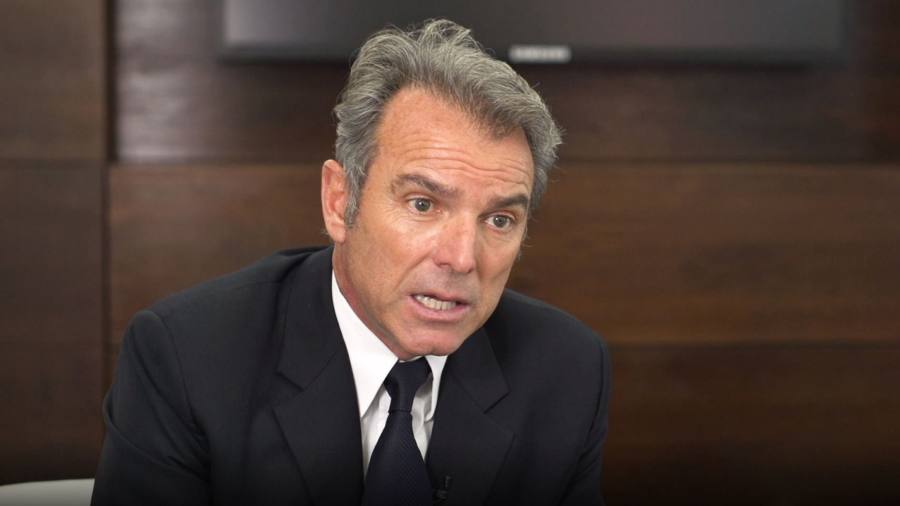
H2O Asset Management has sought to reassure clients that France’s financial regulator has not accused it of committing fraud, describing as “technical” the alleged breaches in rules that led the watchdog to recommend the largest fine in its history.
The Autorité des Marchés Financiers on Friday recommended a record €75mn fine for H2O and a 10-year ban from the investment industry for its chief executive Bruno Crastes, for what it described as “grave” rule breaches related to the firm’s extensive investments in illiquid bonds tied to German financier Lars Windhorst.
The watchdog is also seeking to levy a €15mn fine on Crastes, as well as a €3mn penalty for the asset manager’s chief investment officer Vincent Chailley.
In a letter to clients sent on Monday, H2O said it “vigorously contested” the bulk of the regulator’s findings against it, which were made public at a hearing in Paris on Friday. It described the alleged infractions as concerning “essentially technical matters”. H2O also told clients that it was “important to underline the complete absence of any fraud or intentional error” on the part of the firm and its two co-founders Crastes and Chailley.
The AMF’s enforcement committee, an independent panel of judges and investment professionals, is expected to issue final penalties in the coming weeks. H2O told clients that while it deemed the proposed sanctions “unfair and disproportionate”, it had already “set aside a reserve covering the maximum amount foreseen in this type of procedure”.
Once a well-respected money manager that oversaw €30bn of assets, H2O has lurched from crisis to crisis since the Financial Times revealed the scale of its investments linked to Windhorst in 2019. Windhorst shot to fame in Germany as a teenage entrepreneur in the mid-1990s, but endured a bruising downfall that culminated in the financier receiving a suspended jail sentence for “breach of trust” in 2010.
During Friday’s hearing, Crastes said that H2O did not uncover any information about Windhorst’s criminal conviction during due diligence it carried out ahead of first investing in bonds linked to the financier. The H2O chief also defended a series of “buy and sell back” trades the regulator took aim at, which his firm employed to manage its exposure to the troublesome bonds in the wake of the FT’s initial report in 2019.
In executing these trades primarily with a small brokerage with ties to Windhorst, H2O breached rules restricting the amount of exposure it could have to a firm without a banking licence. Crastes told the hearing that the firm had mistakenly believed that its counterparty had a banking licence, however, and sought to remedy the situation when it discovered its error.
H2O is also under investigation by the UK’s Financial Conduct Authority and is facing litigation from aggrieved clients who have had €1.6bn of their savings trapped for more than two years. Gérard Maurin, president of the investor group Collectif Porteurs H2O, praised the AMF’s proposed sanctions and said his group would seek “full compensation” for its members through the courts.